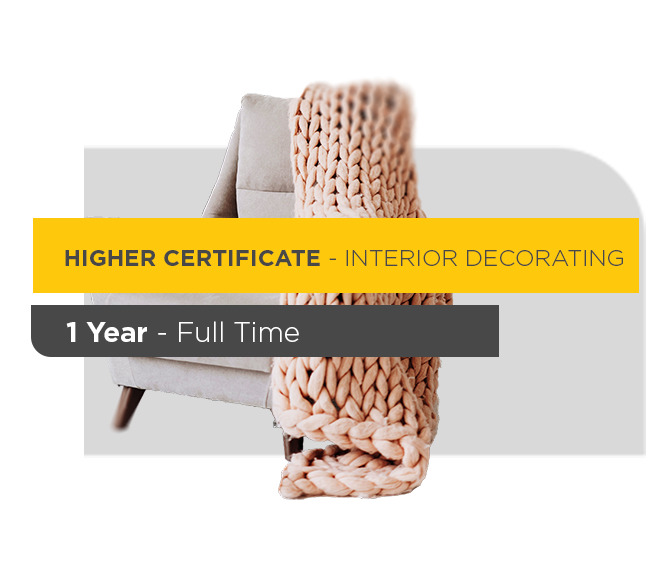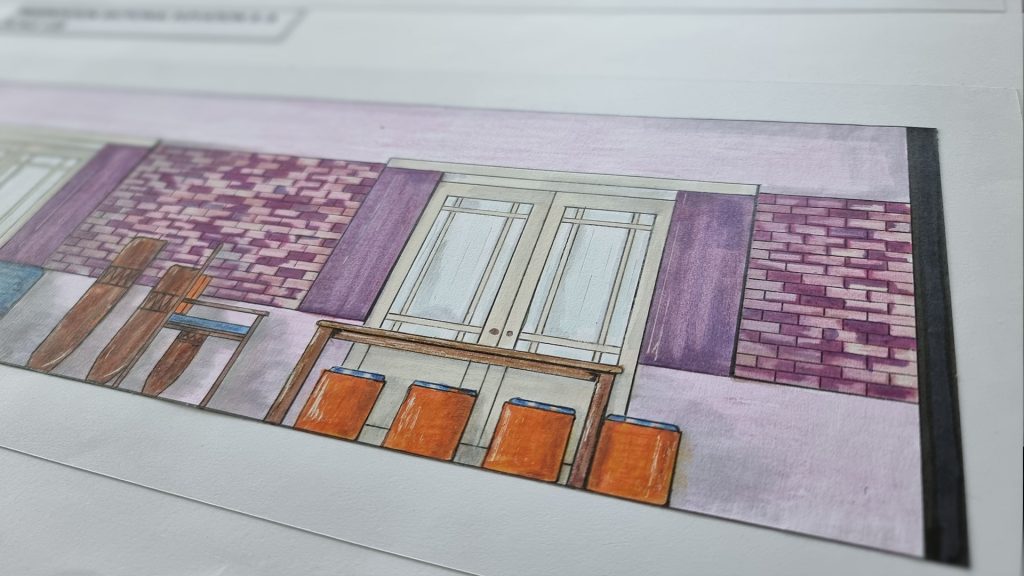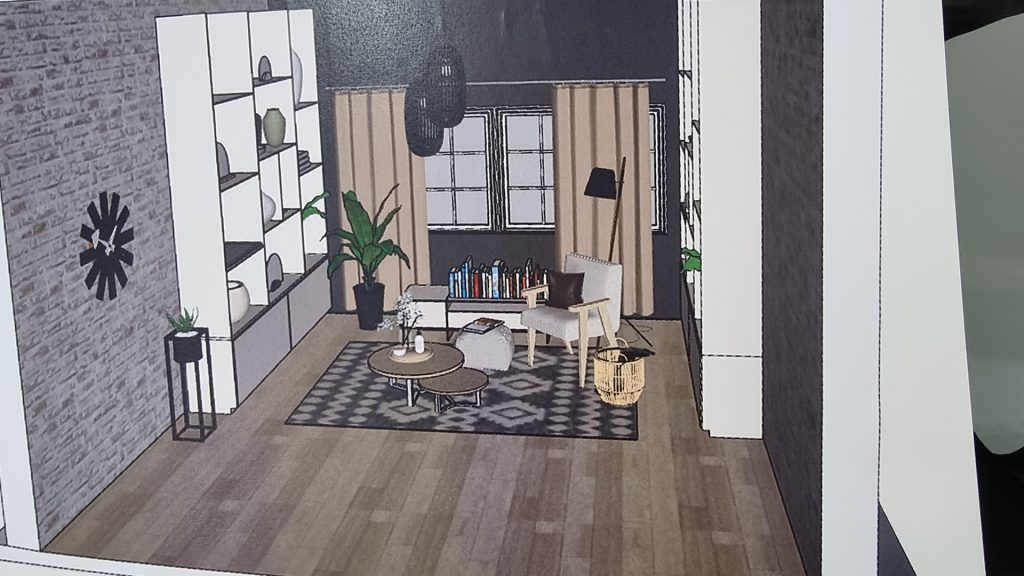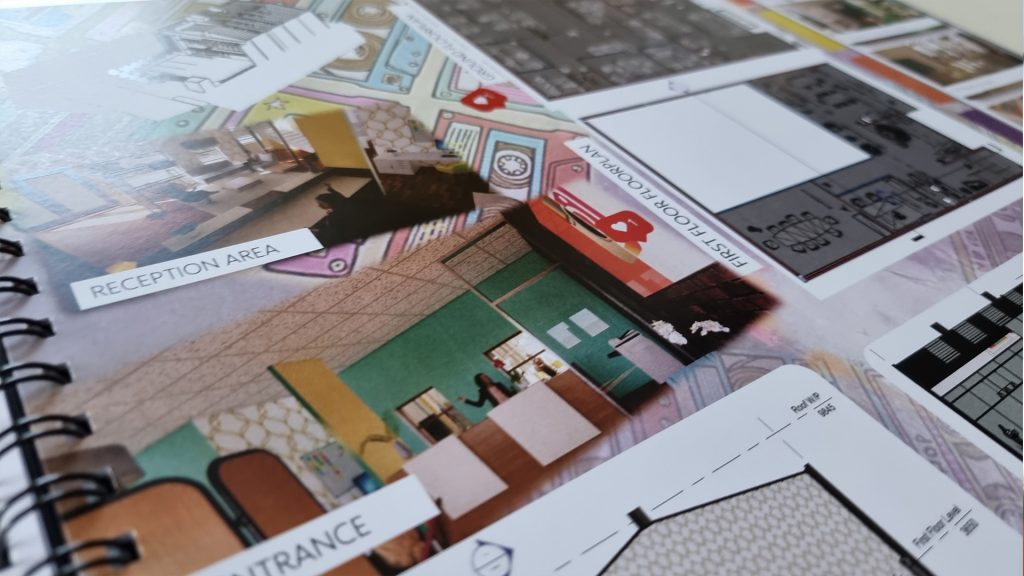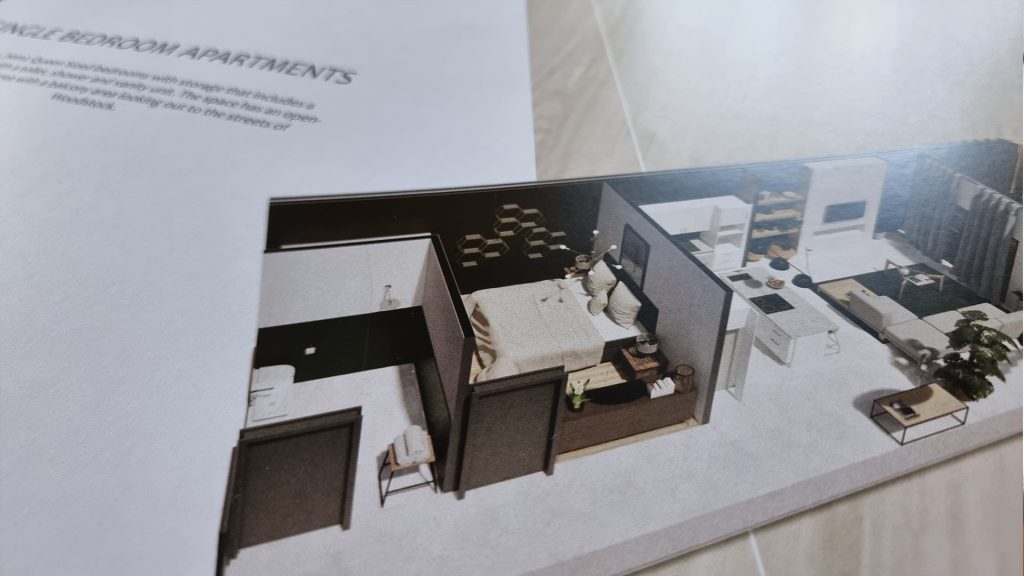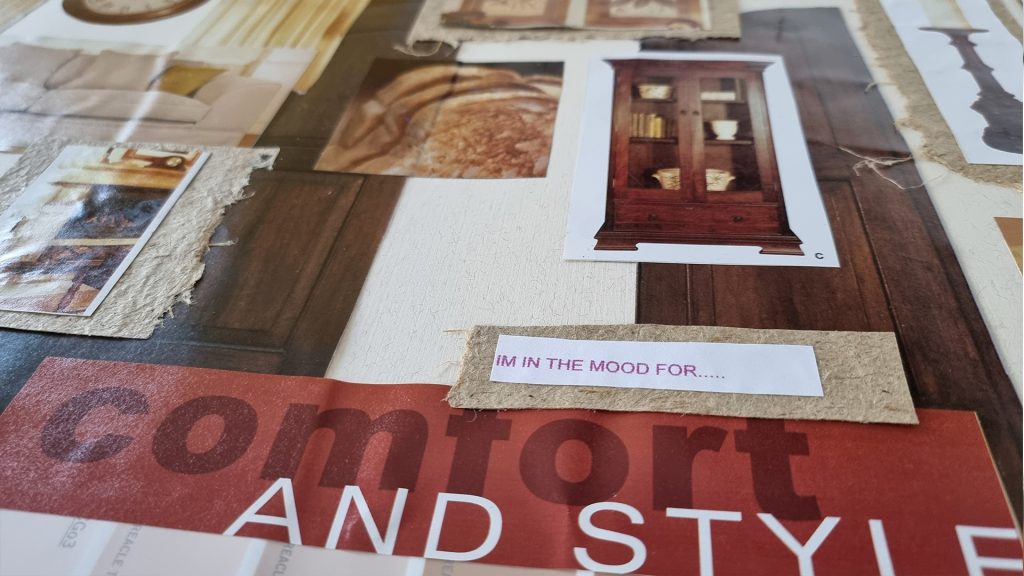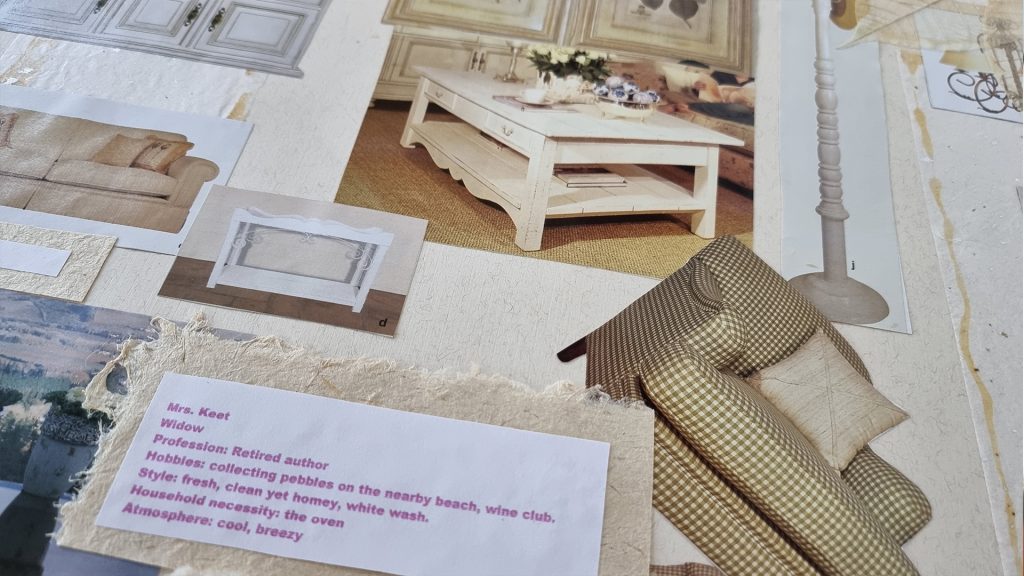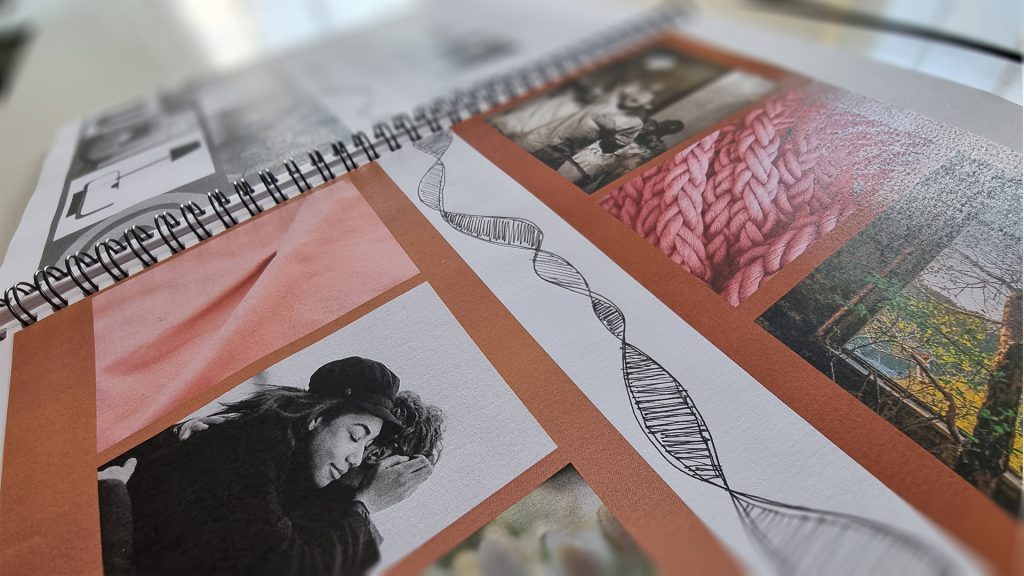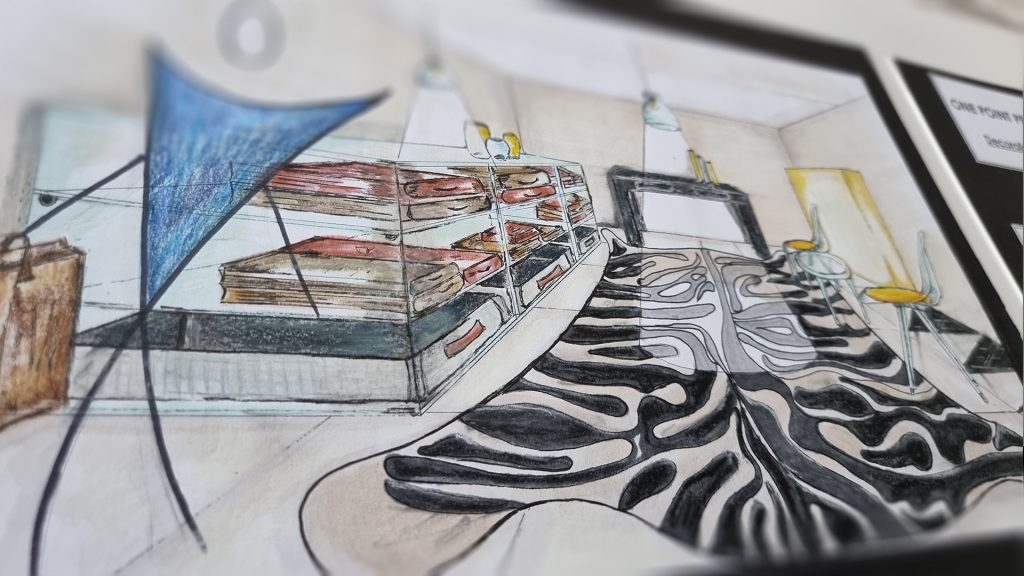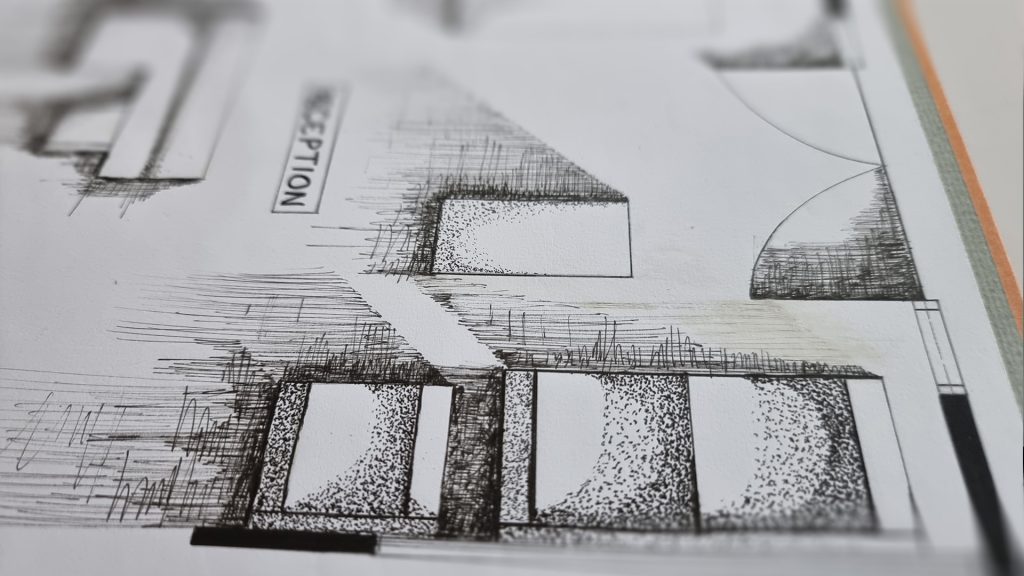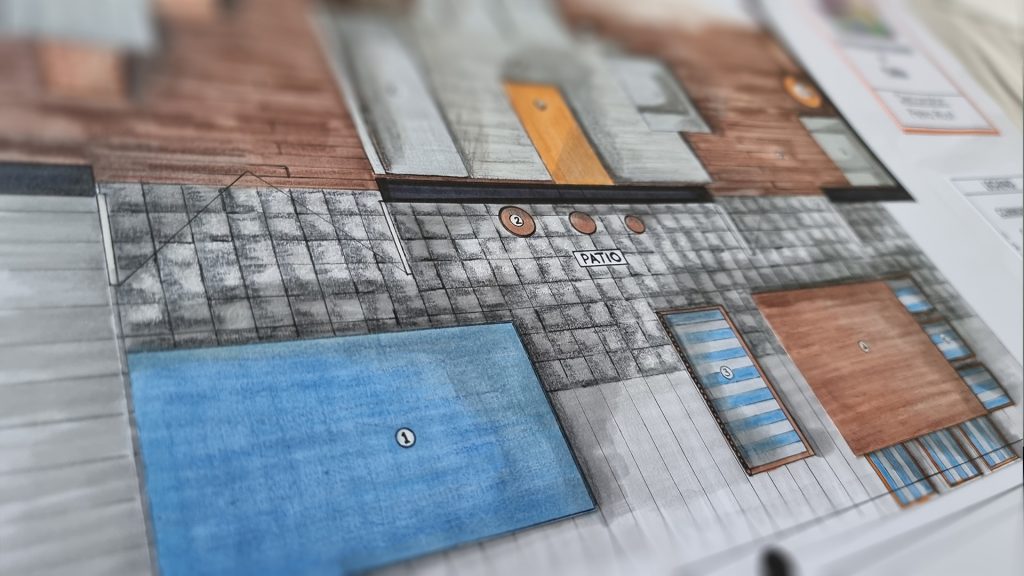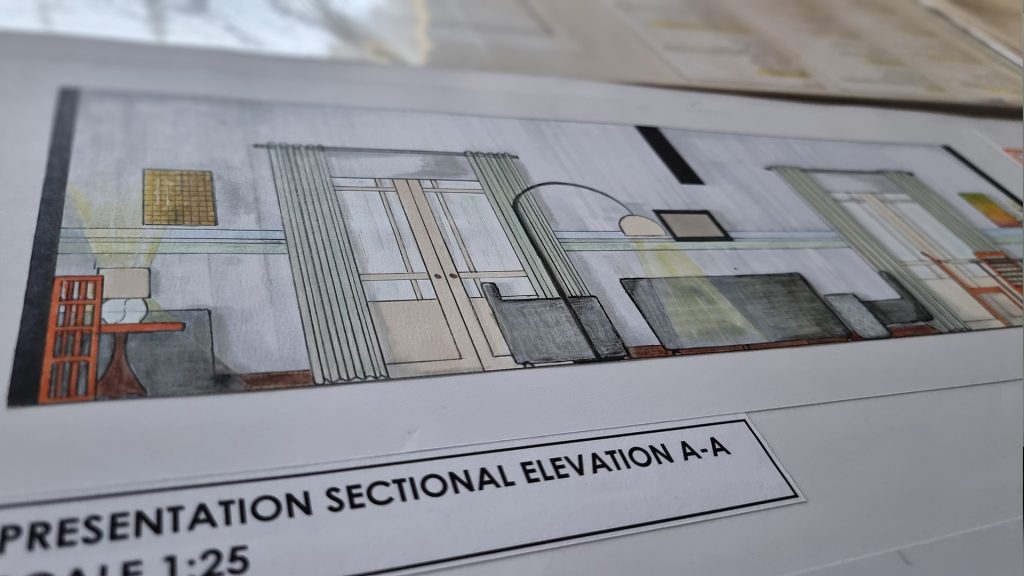Description
PROGRAMME STATS
VIEW MORE COURSES:
View More coursesPROGRAMME INFORMATION
BHC offers an accredited and SAQA registered Higher Certificate Programme in Interior Decorating. The aim of this programme is to equip students with the required knowledge, skills, attitudes and values in order to contribute creatively towards the awareness of well-designed spaces as well as to enhance a client’s brief.
Read More
Decorative Materials and Furnishings
The purpose of this module is to introduce learners to the available products, finishes furniture, lighting and accessories. Learners will have the opportunity to meet and interact with local suppliers in order to develop a working relationship with the industry and to keep abreast of the latest trends and products.
The learner will be introduced to the use, application and physical qualities of materials and will conduct basic research in order to further explore available materials and products. An awareness of environmental and budgetary considerations and the ability to specify appropriate materials will be assessed when completing a client brief.
Decorating Principles and Elements
The purpose of this module is to equip learners with a sound understanding of the design principles and elements and to provide them with the tools to produce a well designed interior.
Colour theory and its application to the decoration of interiors will be addressed and learners will have the opportunity to test colour schemes, create a Prang colour wheel and experiment with tints and shades.
Learners will be encouraged to apply their understanding of the design principles and elements when defining and evaluating personal style and trends.
Experiential Learning
The experiential learning module forms an integral part of the certificate programme, providing an opportunity to bridge the gap between the classroom and the workplace. In order to gain work experience within the decorating industry under the supervision of an interior decorator, the learners are placed in a fabric house for 1 week in June and in an interior decorating practice for 2 weeks in August.
Learners will be exposed to the daily functions of a fabric house and an interior decorating practice, and will have the opportunity to observe how an interior decorating project is executed.
Learners are able to apply their interior decorating knowledge and skills in the workplace and are encouraged to reflect on their personal performance and their ability to work as a member of a decorating team.
Interior Decorating Theory
The purpose of this module is to equip the learner with the essential knowledge required to evaluate the functional decorating requirements of an interior and to solve the practical and aesthetic needs of the client.
The module will guide the learner through the design development cycle and the process that a decorator follows in order to execute a creative decorating solution. The placement of furniture and the arrangement of accessories will be addressed and evaluated in both residential and commercial interiors as well as styled spaces.
Learners are provided with an overview of the interior decorating industry and the role, and social and ethical responsibilities, of an Interior Decorator. They will also be introduced to the principles of responsible design and encouraged to consider the social, economic and environmental implications of their decorating solutions.
Project Administration
The purpose of this module is to equip learners with the knowledge and skills required to effectively complete the administration processes related to the planning, implementation and monitoring of a decorating contract.
Learners will be introduced to a range of planning and monitoring tools and will be required to select appropriate information in order to produce documentation that is accurate and job specific.
In order to successfully implement a design proposal, a team of professionals are required to work effectively together. The roles and responsibilities of the relevant parties are addressed and the opportunity for discussion and debate is encouraged.
Presentation and Communication
The purpose of this module is to equip learners with the tools and associated knowledge required to communicate a decorating proposal creatively and professionally.
This practical module introduces learners to the equipment, materials, media and techniques that are required to communicate each phase of the decorating process; from concept development to final client presentation. Learners will also be able to understand architectural drawings and extract the information required to create a decorating proposal that is in line with industry standards.
Learners produce concept sketches, rendered presentation drawings, including floorplans, ceiling plans and elevations, and mounted presentations including sample and mood boards. They are required to verbally and/or digitally present their proposals to a “client”.
In order to generate a creative and appropriate presentation, learners will draw on the knowledge and skills acquired in the following modules: Interior decorating theory, decorative materials and furnishings, styles and influences and design principles and elements.
Preparation for Employment
The purpose of this module is to prepare the learner for employment. Learners will be equipped with the knowledge, skills and personal attributes required to enter into the decorating industry and apply for a position, with confidence.
Personal leadership and entrepreneurship skills are developed in order to cultivate a graduate who is proactive and independent and who will be an asset to an employee within the decorating industry.
The module will also address the practical processes required to apply for a position, and to compile the relevant documentation, including a cover letter and Curriculum Vitae.
Learners are required to complete a professional decorating portfolio that demonstrates their scope of knowledge and range of skills. They will have the opportunity to select and re-work appropriate projects that are completed during the programme and to mount and present them as a coherent body of work.
Styles and Influences
The purpose of this module is to equip learners with the knowledge and understanding of historical and contemporary decorative styles and influences in order to critically analyse own and others interior styles.
Essential research skills are developed and the ability to identify and communicate findings will occur in a predominantly visual manner.
Learners will be able to apply their understanding of, and select appropriate decorative styles and influences when producing a client brief.
Programme Outline
This programme is made up of 8 practical modules:
Decorative Materials and Furnishings
Decorating Principles and Elements
Experiential Learning
Interior Decorating Theory
Project Administration
Presentation and Communication
Preparation for Employment
Styles and Influences
Exit level competencies
Graduates must demonstrate that they have developed competency in the following areas:
- Interpret the client brief and produce creative and functional decorating solutions
- Use appropriate materials, media and techniques to effectively communicate a decorating proposal
- Research and evaluate the application and characteristics of a range of decorative materials and furnishings
- Research the major design movements and apply knowledge of decorative styles and influences
- Understand and apply the principles and elements of design when planning and evaluating an interior
- Produce the documentation required to plan and manage a decorating project
- Apply interior decorating knowledge and skills in the workplace
- Compile a decorating portfolio that demonstrates interior decorating knowledge and skills
ALL PROGRAMMES ARE ACCREDITED & FULLY REGISTERED WITH



AFFILIATED TO
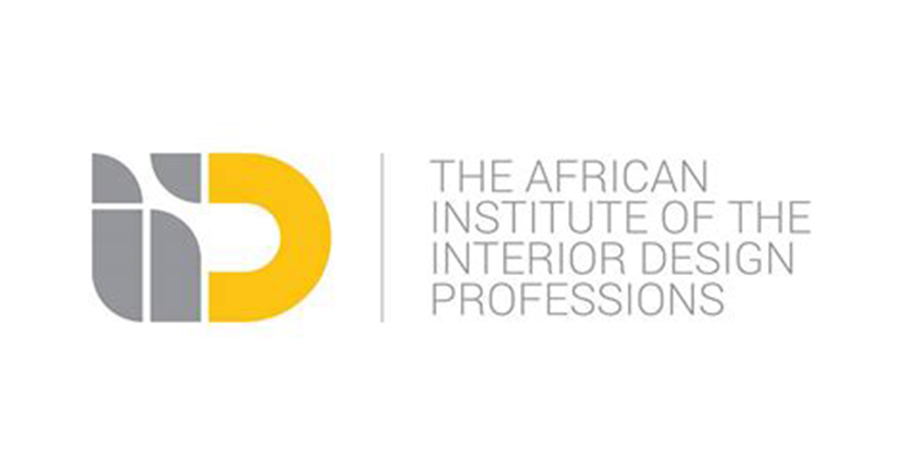
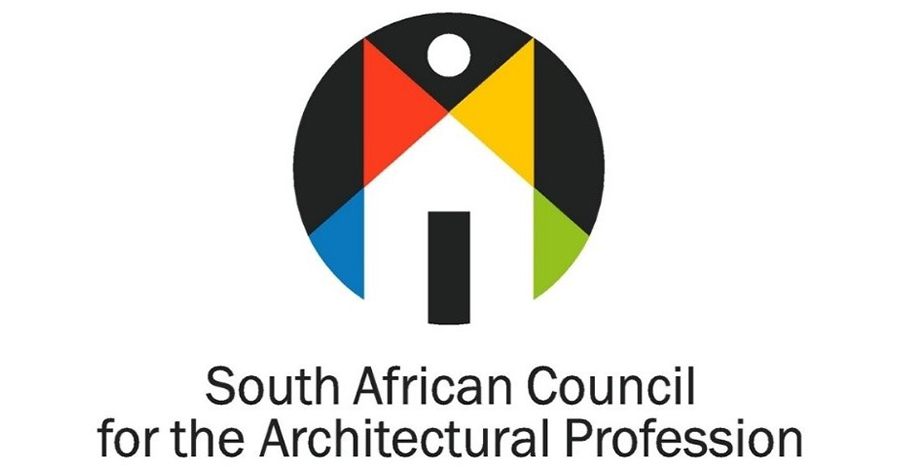
KEY TAKE OUTS
By the end of the programme you should be able to:

